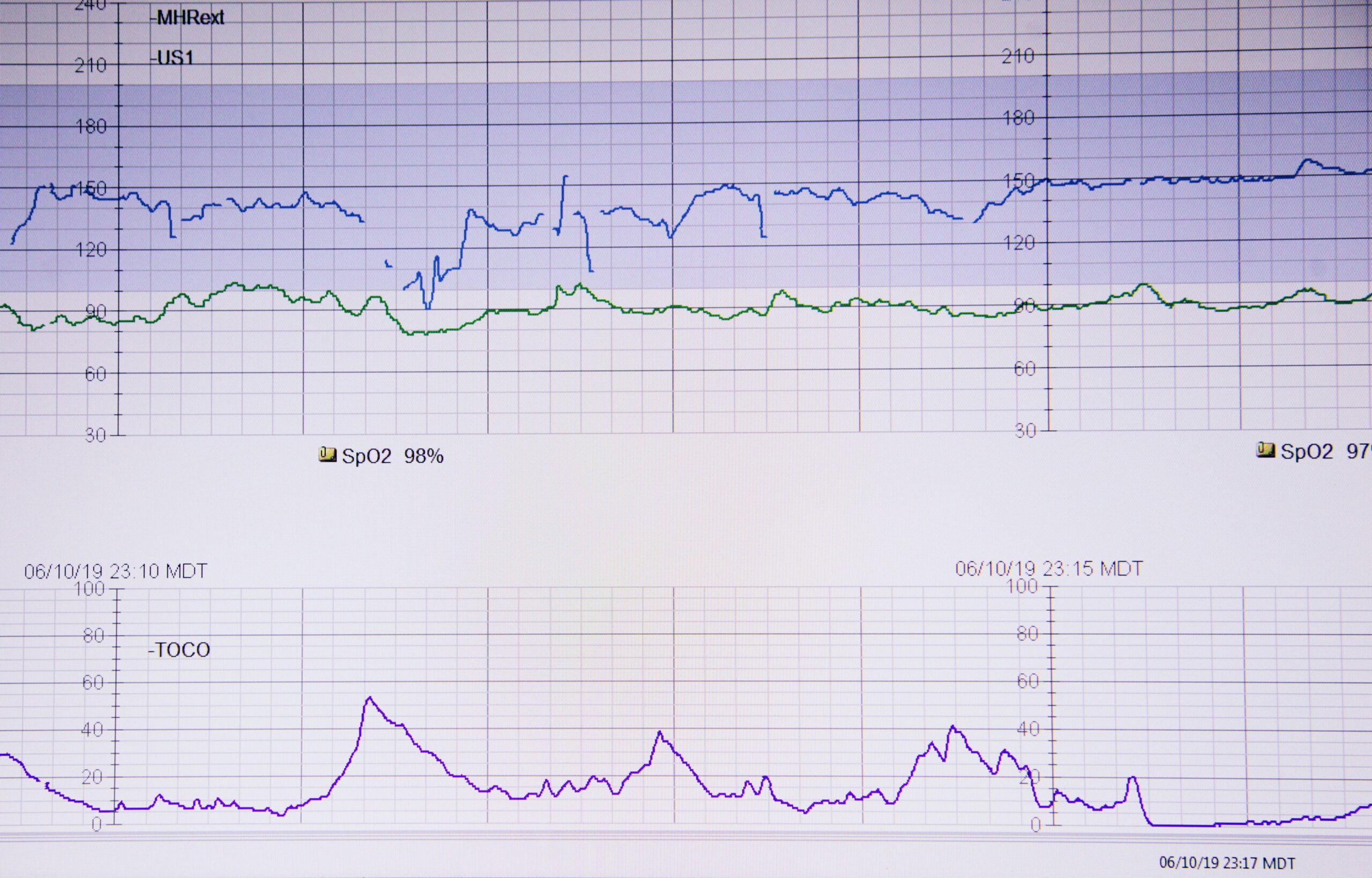In an era where data breaches are becoming alarmingly common, the healthcare sector remains a prime target. Patient information is invaluable, yet its protection often feels like navigating a minefield. Enter the IP2 Network—a revolutionary solution designed to enhance security and ensure seamless data exchange in healthcare environments. As medical professionals increasingly rely on technology for patient care, safeguarding sensitive information has never been more critical. But what exactly does the IP2 Network offer? Let’s explore how it addresses these pressing concerns while transforming the way healthcare organizations operate.
The Importance of Secure Data Exchange in Healthcare
Secure data exchange in healthcare is vital for protecting patient information. With the rise of digital health records, safeguarding this sensitive data has become paramount. A breach can lead to severe consequences, including identity theft and loss of trust.
Healthcare providers share vast amounts of information daily. This includes medical histories, test results, and treatment plans. Ensuring that this data remains confidential fosters better communication between patients and professionals.
Moreover, secure exchanges facilitate timely access to critical information during emergencies. When doctors have immediate access to a patient’s history or allergies, it can be lifesaving.
Regulatory compliance also plays a crucial role. Organizations must adhere to laws like HIPAA in the U.
S., which set stringent standards for privacy protection. Non-compliance not only risks fines but jeopardizes patient care quality.
A robust framework for secure data exchange builds confidence among stakeholders in the healthcare ecosystem.
How IP2 Network Ensures Security
The IP2 Network employs advanced encryption protocols to safeguard sensitive health data. This layer of security ensures that only authorized personnel can access specific information, minimizing the risk of breaches.
Moreover, the network utilizes blockchain technology for an immutable record of transactions. Every data exchange is timestamped and recorded, creating a transparent trail that enhances accountability.
Access controls are another crucial feature. Healthcare organizations can customize permissions based on roles, ensuring that individuals only view what they need to know.
Regular audits and compliance checks further strengthen the system’s integrity. By adhering to industry standards such as HIPAA, IP2 Network guarantees ongoing vigilance against potential threats.
Real-time monitoring enables quick detection and response to anomalies or unauthorized access attempts. This proactive approach keeps patient data safe in an ever-evolving digital landscape.
Benefits of Using IP2 Network for Healthcare Organizations
The IP2 Network offers numerous advantages for healthcare organizations, transforming how they manage data.
One key benefit is enhanced security. The network employs advanced encryption methods that protect sensitive patient information from unauthorized access and potential breaches.
Interoperability is another significant advantage. Healthcare providers can seamlessly share data across various platforms, ensuring accurate and timely information exchange.
Reduced operational costs also play a critical role in the appeal of the IP2 Network. By streamlining processes, organizations can allocate resources more efficiently while minimizing redundancies.
Moreover, improving patient outcomes becomes easier with real-time data availability. Clinicians have instant access to vital information, enabling faster decision-making and improved care delivery.
Additionally, compliance with regulations like HIPAA is simplified through the use of an integrated secure network. This helps healthcare entities maintain trust while adhering to industry standards without added stress on their teams.
Case Studies: Successful Implementation of IP2 Network in Healthcare Settings
The implementation of the IP2 Network has transformed numerous healthcare settings, enhancing data security and interoperability. One notable example is a large hospital system that integrated IP2 to streamline patient information sharing between departments.
Before adopting this network, the facility faced challenges with data silos and slow communication. After making the switch, they observed a dramatic reduction in administrative delays. Healthcare providers had real-time access to critical patient data, which significantly improved decision-making during emergencies.
Another case involved a telemedicine provider that utilized IP2 for secure video consultations. This allowed them to ensure compliance with HIPAA regulations while delivering high-quality care remotely. The result was increased patient satisfaction and trust in their services.
These examples highlight how the IP2 Network not only fortifies security but also boosts efficiency within healthcare systems—ultimately leading to better patient outcomes across various settings.
Future Potential of IP2 Network in Improving Healthcare Systems
The future of the IP2 Network in healthcare is promising. As technology evolves, the demand for secure and efficient data exchange continues to rise. Healthcare systems are increasingly reliant on real-time information sharing. The IP2 Network can facilitate this, ensuring that sensitive patient data remains protected.
With advancements in AI and machine learning, the network may integrate predictive analytics. This could lead to better decision-making and personalized care plans based on comprehensive data insights.
Additionally, scalability is a key feature of the IP2 Network. As more organizations join, it has the potential to create a robust ecosystem that enhances collaboration across various medical disciplines.
Telemedicine stands to benefit significantly as well. By leveraging secure communication channels within the IP2 framework, practitioners can connect with patients remotely while maintaining compliance with regulations.
Looking forward, continuous innovation within this network will likely reshape how healthcare providers interact and share vital information securely.
Conclusion
The IP2 Network stands as a pivotal advancement in securing data exchange within healthcare. As the demand for efficient and safe communication grows, adopting such innovative solutions becomes essential. Healthcare organizations that embrace the IP2 Network will not only enhance their data security but also improve operational efficiencies.
As we’ve seen through various case studies, the implementation of this network has yielded positive outcomes across multiple settings. By facilitating secure information sharing and promoting collaboration among professionals, IP2 empowers institutions to provide better patient care.
Looking forward, the potential of the IP2 Network is vast. It can drive transformative changes in how healthcare systems operate globally. The benefits are clear: improved security measures lead to increased trust from patients and stakeholders alike.
Investing in technologies like the IP2 Network could prove crucial as we navigate an increasingly digital landscape within healthcare. Secure data exchange isn’t just a necessity; it’s a fundamental requirement for ensuring quality care today and into the future.

